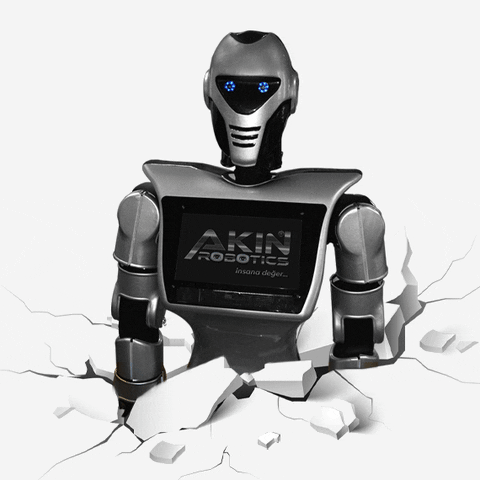The advent of artificial intelligence (AI) has brought with it a myriad of changes in our society, both positive and negative. As we continue to integrate this technology into various aspects of our lives, it's essential that we take time to reflect on its social implications. AI is not just about creating intelligent machines; it also involves understanding how these technologies affect human behavior, relationships, and communities.
One significant impact of AI is the potential for job displacement as automation takes over tasks previously performed by humans. While this can lead to increased efficiency in certain industries, there are concerns that many workers may lose their jobs due to automation. Governments must consider implementing policies aimed at re-skilling and retraining affected individuals so they can adapt to new roles within the changing job market.
Another area where AI has social implications is privacy. With advancements in facial recognition technology, for example, there are concerns about how this data could be used without consent or knowledge of those being identified. It's crucial that we establish clear guidelines around data collection and usage to protect individual rights while still allowing beneficial applications of these technologies.
In conclusion, the rise of AI presents both challenges and opportunities in our society. As we continue to develop and implement this technology, it is imperative that we consider its social implications carefully. By doing so, we can ensure that AI serves as a tool for progress rather than causing harm or exacerbating existing societal issues.
